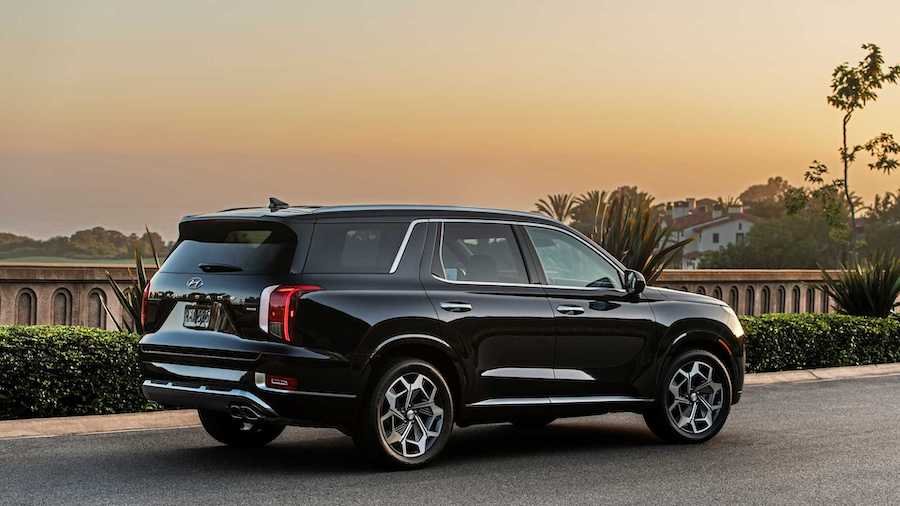Hyundai Claims It Can Develop A Tough SUV To Rival Toyota Land Cruiser

Hyundai has certainly solidified its foothold in the large crossover segment. With models like the Hyundai Palisade or even the Santa Fe, the South Korean automaker has proven that it can create tough machines without sacrificing overall ride quality.
However, none of these models sit atop a robust ladder-frame chassis, making them vulnerable to questions on whether they should be classified as true SUVs. But that doesn't mean that Hyundai and its sister brand, Kia, isn't considering entering the fray.
In an interview with Australia's Carsguide, Hyundai Australia's General Manager of Product, Andrew Tuitahi, said that it can challenge the reputation of the Toyota Land Cruiser as an ultimate off-road SUV. The confidence came from Hyundai's ability to disrupt existing segments, according to Tuitahi, citing the Hyundai i30 N and iLoad.
"I think what we've done with things like the i30 N, challenging the traditional RS and GTI buyer mindset has been very successful. Similarly, what we've done with iLoad, challenging cars like HiAce in a segment that they've typically dominated. We've done a very good job of challenging that mindset," Tuitahi said in his interview with Carsguide.
"I don't think that would be a problem if we were to bring a rugged SUV to market," he added.
Rumors of Hyundai creating a ladder-frame platform for a robust pickup and SUV tandem have been out since last year. The chassis is supposed to be shared with Kia but up until now, we are yet to see any recent development. But that doesn't hide the fact that the automaker could.
Besides, the Hyundai group has already developed a power plant for the job – a 3.0-liter six-cylinder turbodiesel found in the Genesis GV80. It makes 274 horsepower (204 kilowatts) and 434 pound-feet (Newton-meters) of torque, healthy enough to challenge existing Japanese counterparts.
Related News


